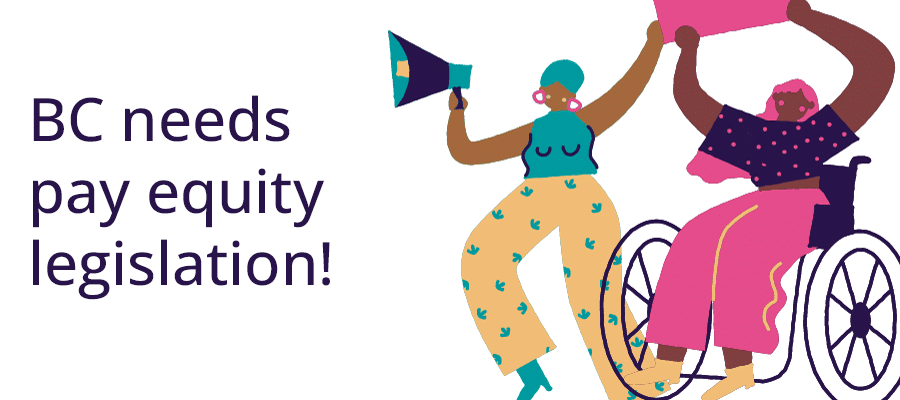Whatever happened to gender identity and expression?
A year ago this week, Bill C-389, An Act to amend the Canadian Human Rights Act and the Criminal Code (gender identity and gender expression), passed third reading in the House of Commons, receiving support from MPs from all political parties. So whatever happened to it?
The private member’s bill, sponsored by former Burnaby-Douglas MP Bill Siksay, would have amended federal human rights legislation, adding “gender identity” and “gender expression” as prohibited grounds of discrimination, thereby providing express human rights protection for trans people at work and elsewhere within federal jurisdiction. The bill would also have improved Criminal Code protections for all trans people. (See non-authoritative definitions, below).
Sadly, C-389 died in the Senate as a result of the most recent federal election. Similar bills sponsored by BC MPs Randall Garrison and Hedy Fry have been introduced in the current Parliament, but don’t seem to have gone anywhere.
Provincially, a private member’s bill was introduced by Vancouver-West End MLA Spencer Chandra Herbert in May 2011, but it only made it past first reading. Chandra Herbert’s bill would have amended BC’s Human Rights Code to provide trans people with express protection from discrimination in various settings (e.g. at work) and under various circumstances (e.g. when accessing services customarily available to the public) within provincial jurisdiction.
Where does all this leave us, here in BC and across Canada? Behind where we should be.
Outside of Canada, in places like the United States, Australia and South Africa, laws and regulations expressly prohibiting discrimination against trans people have become increasingly common. Yet here at home, despite a number of past and present private member’s bills in Ottawa, Victoria and elsewhere, the Northwest Territories is currently the only jurisdiction in Canada that expressly protects trans people under human rights legislation. Statutes in other jurisdictions, including BC, remain silent.
Fortunately, courts and tribunals across the country have spoken up, finding that trans people are implicitly protected from discrimination on the basis of gender identity under human rights law.
But implicit protection doesn’t cut it. It has long been recognized that there are good policy reasons for adding gender identity and expression as enumerated grounds of discrimination under human rights legislation. As the Ontario Human Rights Commission noted over a decade ago, “there are, arguably, few groups in our society who are as disadvantaged and disenfranchised” as trans people. Adding gender identity as an enumerated ground would ensure that “there would be no doubt legally or politically that [trans] people have the same protections as everyone else.” Conversely, according to the 2000 Canadian Human Rights Act Review Panel, leaving gender identity out of human rights legislation fails “to acknowledge the situation of [trans] individuals and allows their issues to remain invisible.”
For these reasons and others, BC’s (now disbanded) human rights commission was the first in Canada to propose adding gender identity as an enumerated ground of discrimination. It’s well past time our provincial government and its counterparts across Canada finally do the right thing and adopt this proposal.
* * *
Non-authoritative definitions:
“Gender identity” refers to a person’s basic sense of being male, female, or of indeterminate gender.
“Gender expression” refers to the communication or presentation of a person’s gender through external characteristics and behaviours.
“Transgender” (or “trans”) refers to the broad spectrum of people who identify with a gender category (e.g. male, female) other than the one assigned at or around the time of birth; that is, the term relates to the behaviour, appearance or identity of people who do not conform to culturally defined norms for people of their assigned gender.
Topics: Democracy


